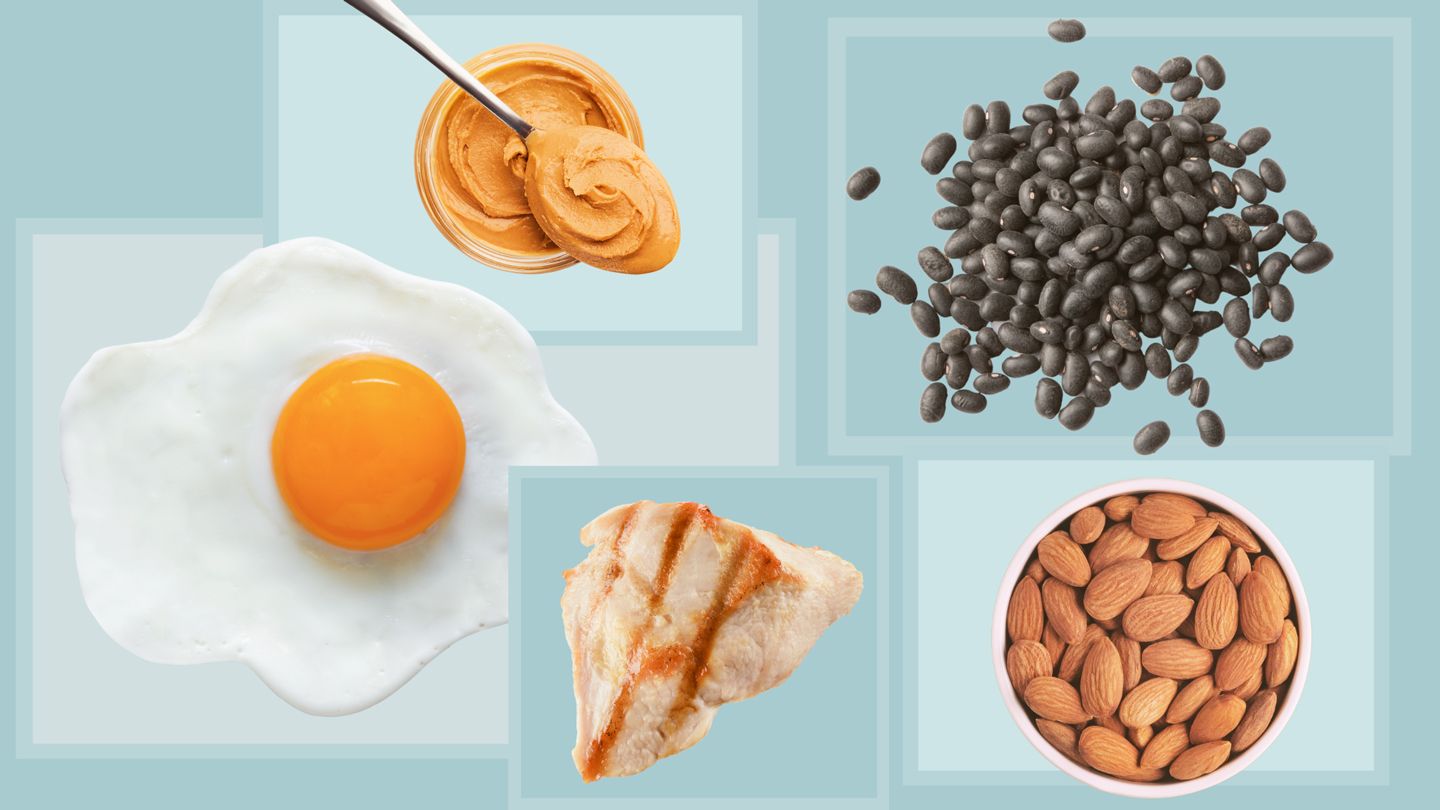The Benefits of Protein
Protein is an essential macronutrient that plays a crucial role in various aspects of our overall health and well-being. In this article, we will delve into the numerous benefits that protein offers to our bodies, and discuss why it is important to include an adequate amount of protein in our diets.
Muscle Growth and Repair
Protein is often associated with muscle growth and repair, and for good reason. When we engage in physical activities such as strength training or endurance exercises, our muscles undergo stress and microscopic damage. Protein provides the building blocks necessary for muscle tissue repair and growth, helping us recover faster and build stronger muscles.
Weight Management
Including protein-rich foods in your diet can be highly beneficial for weight management. Protein has a high thermic effect, meaning that it requires more energy to digest compared to fats or carbohydrates. This increased energy expenditure during digestion can help boost your metabolism and support weight loss efforts.
Satiety and Appetite Control
Protein is known to be highly satiating, meaning it helps you feel fuller for longer periods. Including protein in your meals and snacks can help curb cravings and reduce overall calorie intake, making it easier to maintain a healthy weight or achieve weight loss goals.
Blood Sugar Regulation
Consuming protein alongside carbohydrates can help regulate blood sugar levels. Protein slows down the digestion and absorption of carbohydrates, preventing rapid spikes in blood sugar. This can be particularly beneficial for individuals with diabetes or those at risk of developing the condition.
Bone Health
Protein is not only important for muscle health but also plays a role in maintaining strong and healthy bones. Adequate protein intake is associated with increased bone mineral density and a reduced risk of osteoporosis and fractures, especially in older adults.
Immune Function
Protein is essential for a well-functioning immune system. It plays a vital role in the production of antibodies, which are crucial for fighting off infections and diseases. Including protein-rich foods in your diet can help support a robust immune response and enhance your body’s ability to defend against pathogens.
Hormone Production
Proteins are involved in the production of various hormones in our bodies. Hormones act as chemical messengers, regulating numerous physiological processes, including metabolism, growth, and reproduction. Consuming enough protein ensures that our bodies have the necessary building blocks to produce these essential hormones.
Wound Healing
Protein plays a critical role in wound healing and tissue repair. It helps in the synthesis of collagen, a protein that forms the structural framework for new tissue growth. Adequate protein intake can accelerate the healing process and improve the overall quality of healed tissues.
Hair, Skin, and Nail Health
Protein is vital for the health and maintenance of our hair, skin, and nails. Keratin, a protein found in these tissues, provides strength, structure, and elasticity. Including protein in your diet can promote healthy hair growth, improve skin elasticity, and strengthen brittle nails.
Overall Health and Well-being
Protein is an essential component of a balanced diet and is vital for overall health and well-being. It supports various bodily functions, including enzyme production, DNA synthesis, and cell repair. Including a variety of protein sources in your diet can help ensure you meet your nutritional needs and maintain optimal health.

In conclusion, protein offers a wide range of benefits for our bodies, ranging from muscle growth and repair to immune function and weight management. By incorporating protein-rich foods into our diets, we can support our overall health and well-being. Remember to consult with a healthcare professional or a registered dietitian to determine the appropriate amount of protein for your individual needs.
Frequently Asked Questions about the Benefits of Protein
1. What are the benefits of consuming protein?
Protein is essential for building and repairing tissues, supporting muscle growth, boosting metabolism, and aiding in weight loss.
2. How does protein help in muscle growth?
Protein provides the necessary amino acids to repair and build muscle tissues, leading to increased muscle mass and strength.
3. Can protein help with weight loss?
Yes, protein can aid in weight loss by reducing appetite, increasing feelings of fullness, and boosting metabolism, which can help burn more calories.
4. Does protein help in maintaining a healthy immune system?
Yes, protein is crucial for the production of antibodies and immune system cells, which help protect the body against infections and diseases.
5. Can protein help in controlling blood sugar levels?
Protein can help regulate blood sugar levels by slowing down the digestion and absorption of carbohydrates, preventing rapid spikes in blood glucose.
6. Is protein beneficial for bone health?
Yes, protein is essential for maintaining strong and healthy bones, as it aids in the absorption of calcium and other minerals necessary for bone density.
7. Can protein improve satiety and reduce cravings?
Protein-rich foods can increase feelings of fullness and reduce cravings, helping to control appetite and prevent overeating.
8. How much protein should I consume daily?
The recommended daily protein intake varies based on factors like age, sex, and activity level. However, a general guideline is to consume 0.8 grams of protein per kilogram of body weight.
9. Are there any risks associated with consuming too much protein?
Excessive protein intake can strain the kidneys, increase the risk of dehydration, and potentially lead to nutrient imbalances. It’s important to consume protein in moderation.
10. What are some good sources of protein?
Protein can be obtained from various sources such as lean meats, poultry, fish, eggs, dairy products, legumes, nuts, and seeds.




